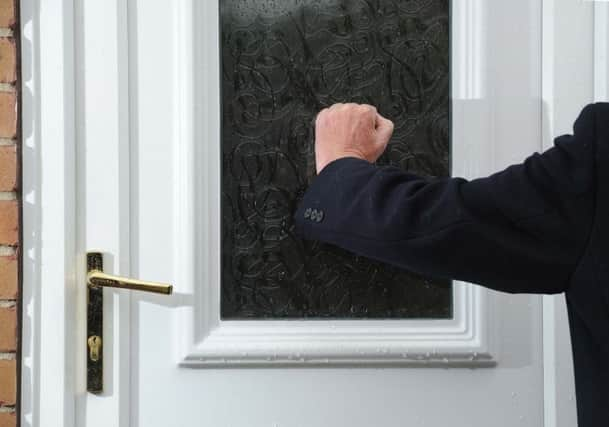Do you know how much your overdraft is costing you?


According to a leading debt charity, customers who use unauthorised overdrafts pay an average of £225 a year in charges. At the start of the year, Yorkshire MP Rachel Reeves highlighted this issue for her constituents and called for a cap on the amount that banks are allowed to charge.
So how do overdrafts work exactly, and what can you do to avoid getting stung by these charges?
Advertisement
Hide AdAdvertisement
Hide AdAn overdraft allows you to draw more money from your account than you have in to begin with, borrowing the extra from your bank. If you’ve agreed in advance what you can borrow from your bank, you have an authorised overdraft. An unauthorised overdraft is where the bank has not agreed to lend you anything in advance, and this is a much more expensive way to borrow.
Using an overdraft often feels like an easy way to borrow, because it’s available directly through your account, but it is a type of borrowing just like taking out a loan, or using a credit card.
Your bank may charge their overdraft fees daily or monthly, and you may also have to pay interest on your overdrawn balance on top of those charges.
The danger with these high overdraft charges is that people can sometimes find they end up in a cycle of debt. They need the extra money so they go overdrawn, then they’re hit with charges which makes it even harder for them to get back into a stable financial position, and so on and so forth.
Advertisement
Hide AdAdvertisement
Hide AdSome banks offer a buffer when it comes to their overdrafts, usually around £10. So if you don’t go overdrawn by more than this, you won’t be charged. In some cases you have to clear the overdrawn balance the same day, in order to avoid being charged.
How to avoid overdraft charges
Make sure that, if you are using an overdraft, it’s authorised. Then make sure you know how much you’ve got in your account so that you don’t accidentally go overdrawn – it’s sometimes possible for your bank to send you email or text alerts when you’re close to going overdrawn, so you’ve got some warning.
If you’re constantly dipping in and out of your overdraft, there might be a deeper problem with your finances. Take another look at your budget and see whether there are any areas that you can cut back on.
Finally, if you’re struggling to pay back your overdraft charges, talk to your bank. According to the Lending Code they have to treat you fairly and they sometimes waive the fees in certain circumstances.
Debt Advisory Centre: 0161 871 4881